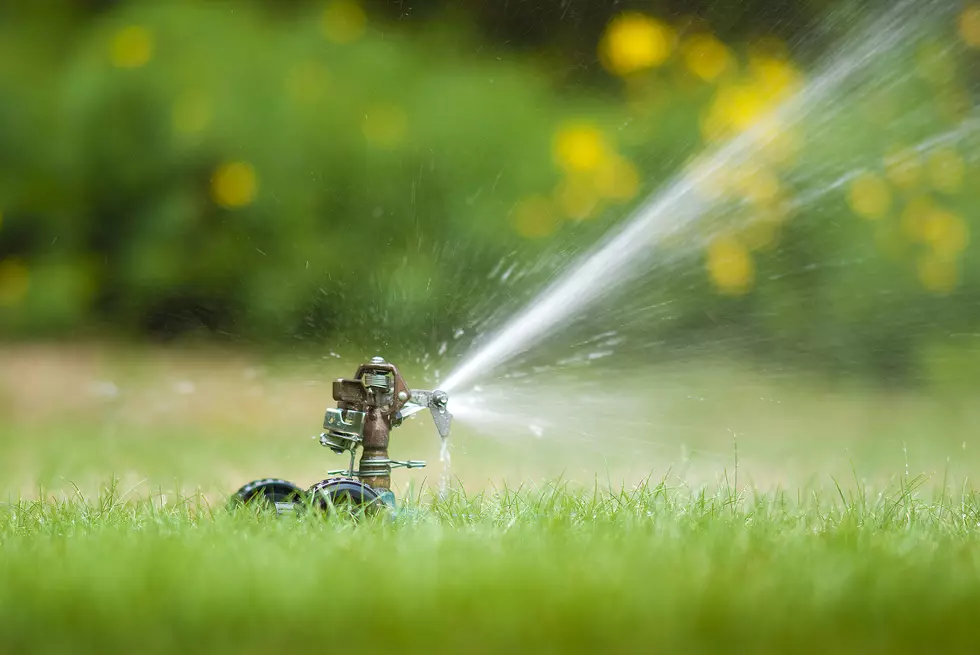
Helping to stop preventable developmental disabilities in NJ
A new effort has been launched in New Jersey to reduce the incidence of preventable intellectual and developmental disabilities and improve infant health outcomes across the Garden State.
The state Department of Human Services is providing a total of $1.6 million for three new projects that are designed to prevent developmental disabilities through stepped-up public awareness and education about such issues as drinking alcohol and smoking during pregnancy and the dangers posed by toddlers ingesting lead paint.
Assistant DHS Commissioner Jonathan Seifried, who leads the Division of Developmental Disabilities, said intellectual and developmental disabilities are disorders that are usually present at birth, “and these disabilities affect the trajectory of an individual’s physical, intellectual and or emotional development.”
Examples include a wide range of conditions on the autism spectrum as well as spina bifida and cerebral palsy.
A wide range of outcomes
He noted some people have mild disabilities “while others will find their disability means that they require significant care for the rest of their life, and are actually unable to live independently.”
He said the Division of Developmental Disabilities helps individuals who struggle in multiple areas including “self-care, receptive or expressive language, learning, mobility, self-direction, capacity for independent living and economic self-sufficiency.”
Seifried noted “preventing developmental disabilities begins long before a person gets pregnant and continues long after the child is born.”
Which organizations are getting funding
He said grant money will go to the Partnership for Maternal and Child Health of Northern NJ to work with school districts in Bergen, Essex, Hudson, Morris, Passaic, Sussex and Warren counties to implement a nationally recognized K-12 Fetal Alcohol Spectrum Disorder Education and Prevention Curriculum to educate young students about FASD.
Also New Jersey Chapter of the American Academy of Pediatrics will receive funds to educate primary care clinicians and community stakeholders about the importance of prevention, early identification and referral of children with elevated blood lead levels. It will also educate pediatric providers about the Department of Community Affairs’ remediation program so that they can refer families to receive free home inspections to identify potential sources of lead.
And the SPAN Parent Advocacy Network will focus on maternal, paternal and children’s health and mental health by providing leadership training and education, and community engagement for women and men of childbearing age to prevent IDDs, specifically Fetal Alcohol Syndrome/Fetal Alcohol Spectrum Disorder.
A maximum award of $185,000 per year will be available to each organization to implement their proposals, and the grants are funded through June 30, 2025.
Seifried said about one in six children are born with one or more disabilities or developmental delays in New Jersey and across the nation
David Matthau is a reporter for New Jersey 101.5. You can reach him at david.matthau@townsquaremedia.com
Click here to contact an editor about feedback or a correction for this story.
Cape May, NJ: 15 wonderful places to visit
LOOK: What are the odds that these 50 totally random events will happen to you?
Here's where NJ legal weed is sold
More From Beach Radio










